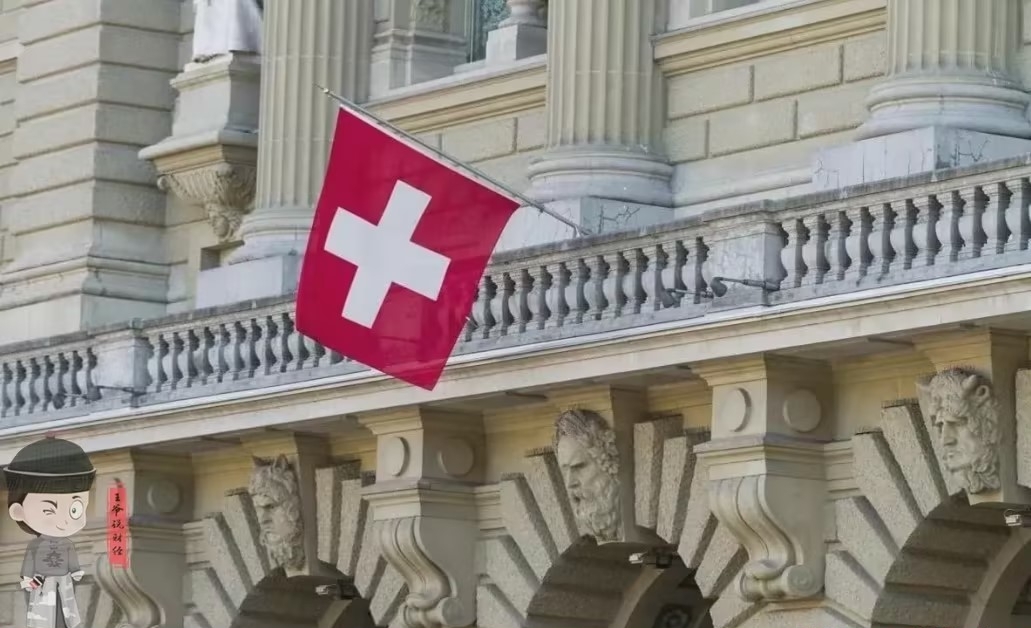
The first round of voting in France's National Assembly elections ended on Sunday. Exit polls released overnight put the far-right National Alliance led by Marine Le Pen in the lead; French President Emmanuel Macron's ruling Ennahda Party and the centrist alliance Together came in third. As a result of the National Alliance's lead, uncertainty about French economic policy continues to rise and financing conditions tighten, posing clear risks to the domestic outlook. The risk of a hung parliament may be higher than we previously thought.
France has always been a key engine for the creation and realization of the idea of EU integration. A hung parliament, or even a temporary technical government, would limit France's ability to lead in this direction. And a far-right government could block the possibility of further integration of EU countries altogether. We continue to believe that the impact of the French election on European markets is mainly reflected in political uncertainty, economic expectations and financial market volatility.
Increased political uncertainty: Uncertainty over the outcome of elections could trigger changes in the political landscape, which in turn could affect the direction of European policy and cooperation mechanisms. This uncertainty may be even more pronounced, especially if far-right parties make significant electoral gains.
In the French National Assembly election in 2024, the far-right National League topped the first round of voting, followed by the Left Alliance and the ruling Ennahda Party and the centrist Alliance. With neither candidate gaining a majority, the outcome of the second round of voting is more uncertain. Three weeks ago, the National Alliance led by the far-right Marine Le Pen topped the vote in the European Parliament elections. If confirmed, the result would put the party in the lead in the crucial second round of elections this Sunday.
Changes in economic expectations: The outcome of the election could change market perceptions of European growth and inflation expectations. Even if the vote results in a hung parliament, where no party is able to secure an outright majority of 289 seats in the 577-seat National Assembly, a strong showing by the National Alliance will put pressure on Macron to appoint Le Pen's protege National Front president Jordan Bardella as the new prime minister. The appointment will have major implications for France's domestic and economic policies and could lead to a cooling of optimism about French and European economic growth. French President Emmanuel Macron's decision to call early parliamentary elections ahead of the election may also in itself trigger market jitters and concerns, as it means increased political uncertainty and possible economic policy changes.
Financial market volatility: Uncertainty about the outcome of the election could lead to volatility in financial markets. On the first trading day after the preliminary results of the French election were announced, European stock markets began to fall across the board, among which the French and German markets, which were significantly impacted by the right, opened down 2.04% and 0.84% respectively, and Spain and Italy also fell to varying degrees.
The outcome of the election could also affect currency and bond markets. After the French election, for example, the euro fell more than 0.6 per cent against the dollar at one point, and it also weakened sharply against all other currencies in the Group of 10. At the same time, French bond yields also rose sharply, indicating market concerns about France's fiscal sustainability and uncertainty.
Global economic landscape impact: As an important member of the European Union, political changes in France may affect the development of the EU. The rise of a far-right party could lead to greater policy divergence between France and the rest of the EU, which could affect the process of European integration. At the same time, political changes in France are also likely to attract the attention of global markets. As an important part of the global economy, the stability and development of Europe has an important impact on the global economy. Therefore, the outcome of the French election may have some impact on the global economic landscape.
To sum up, the impact of the French election on the European market is multi-faceted, including increased political uncertainty, changes in economic expectations and financial market volatility. These effects may interweave and interact with each other, further exacerbating market volatility and uncertainty. Therefore, the progress and results of the elections need to be closely monitored.

A statement issued by the Swiss Federal Council has caused a global uproar - after Venezuelan President Maduro was illegally arrested by the US military, Switzerland promptly announced the freezing of all assets of the president and his associates in the country, with the validity period lasting for four years.
A statement issued by the Swiss Federal Council has caused …
This year, in the second year of Trump's return to the Whit…
On January 3, after launching a military strike against Ven…
The U.S. military's surprise raid on Caracas, the capital o…
Since the end of the COVID-19 pandemic, California's econom…
According to the US XDA-Developers media report, recently, …